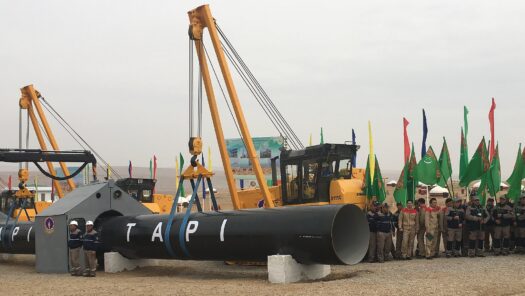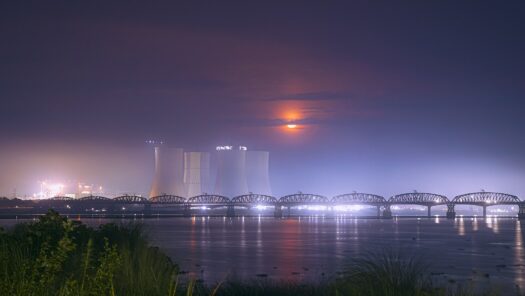Energy
Return to article
Powering Tensions: Renewable Energy and the Sino-Indian Border Dispute
As geopolitical rivalries evolve, renewable energy projects are emerging as a tool of strategic leverage, particularly along the contested border between India and China — also called the Line of Actual Control (LAC). While the two countries have long used…

India’s Nuclear Bet: Liberalization, Small Reactors, and Big Ambitions
Below, Hely Desai analyzes India’s development of small modular reactors and its implications for New Delhi’s nuclear energy and economic goals. In a recent piece, Brigadier (Retd). Zahir Kazmi responds with some of the concerns that this development generates in…

India Should Take a Proactive Interest in the TAPI Pipeline
On September 11, 2024, the Taliban regime in Afghanistan declared a public holiday in Herat to mark the resumption of work on the Turkmenistan-Afghanistan-Pakistan-India (TAPI) gas pipeline. At the inauguration ceremony, Taliban chief Mohammad Hassan Akhund and President Serdar Berdimuhamedov…

The Path Forward for Pakistan’s Energy Transition
Recently, the Pakistani government severed longstanding contracts with private companies producing power, known as Independent Power Producers (IPPs), in a bid to tackle the issue of expensive electricity in the country. The IPP’s heavy dependence on burning imported fossil fuels…

Nepal-India Relations Under New Governments: Time for a Refresh?
Nepal recently ushered in its fourth government with different combinations of parties since the December 2022 parliamentary elections when the Communist Party of Nepal (Unified Marxist Leninist) (CPN (UML)) chair K. P. Sharma Oli was sworn in as the Prime…

Amidst a Political Imbroglio: What’s Next for Bangladesh’s Nuclear Energy Dreams?
The current situation in Bangladesh, marked by the fallout from months-long student protests and the subsequent resignation of former Prime Minister Sheikh Hasina, has plunged the country into uncertainty. Despite an interim government now taking charge and attempting to navigate…